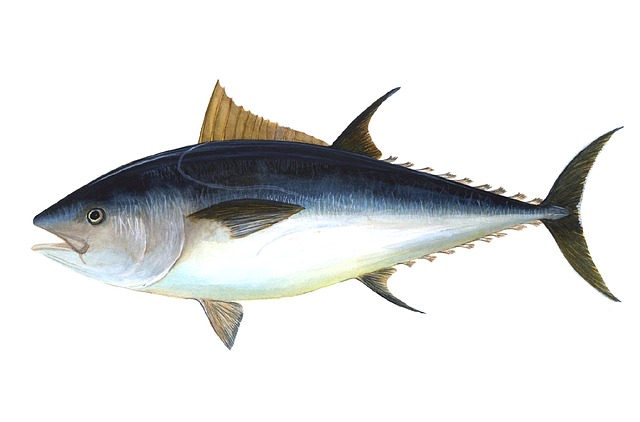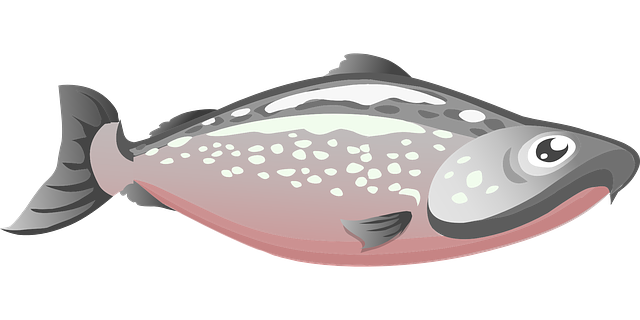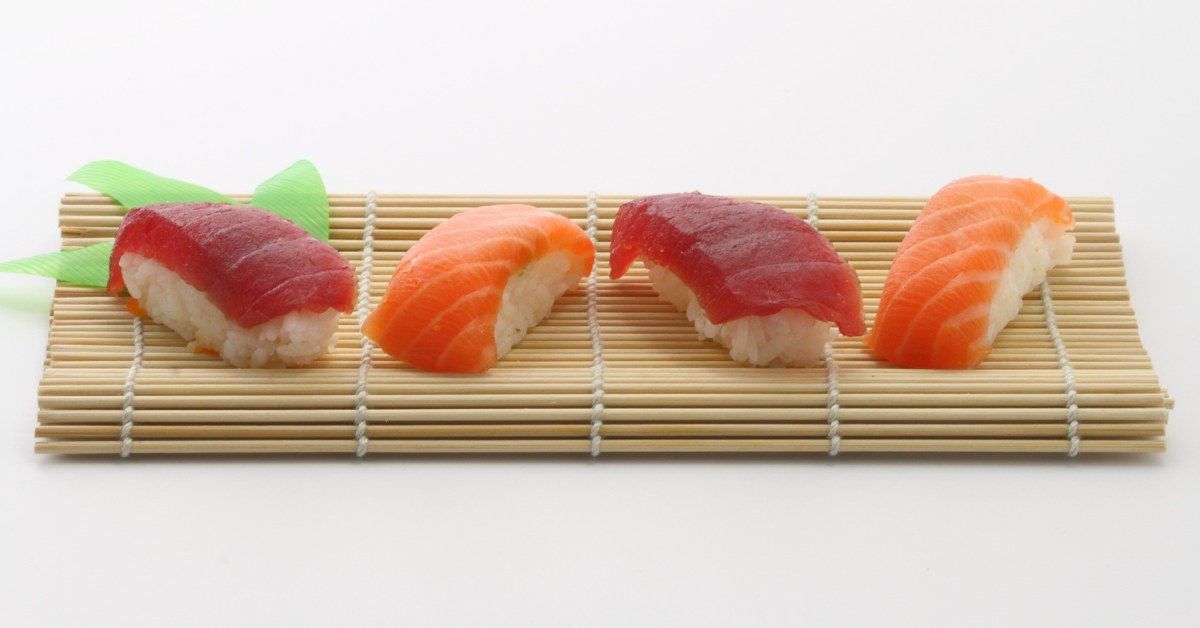Many people consider seafood a healthy alternative to other types of protein. Move over, chicken! It’s time to get out of the way, beef! Fish is becoming the new go-to for protein. But in the battle of Tuna vs Salmon: which fish has more health benefits?
And there are many different types to choose from – each with its unique health benefits. But which one reigns supreme? In this article, we’ll take a closer look at the nutritional benefits of tuna vs salmon to see which one comes out on top. Stay tuned for the results!
Also read: How To Cook Salmon: 5 Delicious Ways To Prepare This Nutritious Fish

Which Fish Has More Health Benefits – Tuna Or Wild Salmon?
Let’s start with tuna. Tuna is an excellent source of protein, and fatty fish, providing all the essential amino acids your body needs to build muscle. It’s also a good source of omega-3 fatty acids, which are beneficial for heart health.
Studies have shown that omega-3 fatty acids can help reduce heart disease risk. Additionally, tuna is a good source of selenium, a mineral that helps protect cells from damage.
Now let’s look at salmon. Like tuna, salmon is an excellent protein and omega-3 fatty acids source. Salmon is higher in omega-3s than tuna.
Salmon is also a good source of vitamin D, which is essential for bone health. Additionally, salmon contains astaxanthin, an antioxidant shown to have anti-inflammatory properties.
So, which fish is better? Both tuna and salmon offer some great health benefits. If you’re looking for a fish high in protein and omega-3s, either would be a good choice.
However, salmon might be the better option if you’re looking for a fish that’s higher in omega-3s or contains other nutrients like vitamin D or selenium.
Also read: Health Benefits Of Eating Wild Salmon
Which Is Healthier, Canned Salmon Or Canned Tuna?
Salmon or canned light tuna? This is a question that often arises among those who are health conscious and are looking to add more seafood to their diet. The answer, however, is not as simple as it may seem.
Both farmed salmon and yellowfin tuna are excellent sources of protein, which are essential for heart health. Salmon is also a rich source of vitamin D, while tuna is a good source of selenium. So, which one is the better choice?
Canned salmon is the way to go for those looking to boost their intake of omega-3 fatty acids. A 3-ounce serving of canned salmon contains 1,985 milligrams of omega-three fatty acids, while the same amount of canned tuna only has about 700 milligrams.
Salmon is also a good source of vitamin D, with each 3-ounce serving providing almost 50% of the daily recommended value. Vitamin D is essential for bone health and can help reduce the risk of certain cancers.
Selenium, on the other hand, is a vital trace mineral that helps to protect cells from damage. A 3-ounce serving of canned tuna contains almost 80% of the Daily Value for selenium, while canned salmon only has about 10%.
So, if you’re looking for a fish high in omega-3 fatty acids and vitamin D, canned salmon is the way to go. However, canned tuna is the better choice if you’re looking for a fish high in selenium.
Also read: 2022 Best Salmon Festivals Around the Country

Which Has More Cholesterol, Salmon Or Tuna?
Many different types of seafood offer a variety of health benefits. Two of the most popular types of fish are tuna and farmed Atlantic salmon. Each fish has its unique nutritional profile, so it is essential to understand the difference between them to make the best decision for your health.
Both salmon and tuna are excellent sources of nutrients, but they differ in their fatty acid content. Salmon has a higher amount of healthy fat, while tuna is lower in fat but higher in protein. Ultimately, the best fish for you to eat depends on your individual nutritional needs.
If you are looking for a fish that is high in a healthy diet, then salmon would be the better choice. However, if you are looking for a fish that is lower in fat but higher in protein, albacore tuna would be the better option.
Also read: The Life Cycle of Wild Atlantic Salmon
Tuna vs Salmon: Which Fish Has More Health Benefits?
When it comes to fish, there are many different options. But if you’re looking for the healthiest option, you may wonder if tuna or salmon is the better choice. Both fish are packed with nutrients and offer a variety of health benefits.
However, some critical differences between the two may sway your decision. Salmon is a richer source of omega-3 fatty acids than tuna. Omega-3s are essential for heart health and have been shown to reduce inflammation and support cognitive function.
Salmon is also a good protein and B vitamins source, making it ideal for athletes and bodybuilders. Tuna, on the other hand, is lower in fat and calories than salmon. It’s also a good source of selenium, an essential mineral for thyroid health.
So, tuna may be the better choice if you’re trying to lose weight or watch your calorie intake. Ultimately, both fish offer incredible health benefits. The best way to get the most out of either one is to eat them in moderation as part of a balanced diet.
Also read: Coho Salmon vs Sockeye: What’s The Difference?

Conclusion
The age-old debate is tuna vs salmon – which fish is better for you? Both fish are packed with nutrients and offer various health benefits, but there are also some key differences to consider. Salmon is the clear winner regarding calories, with tuna coming in at a close second.
Salmon is also a good source of fatty acids essential for heart health. Tuna, on the other hand, is lower in fat and contains more protein. It’s also an excellent source of selenium, an essential mineral for maintaining thyroid function.
So, which fish should you choose? It depends on your individual nutritional needs. Salmon is an excellent choice if you’re looking for a low-calorie option.
If you need more protein, tuna is a good option. And if you want to make sure you’re getting enough fatty acids, salmon is the better choice. Ultimately, both fish are healthy options, so it’s up to you to decide which one is right for you.

